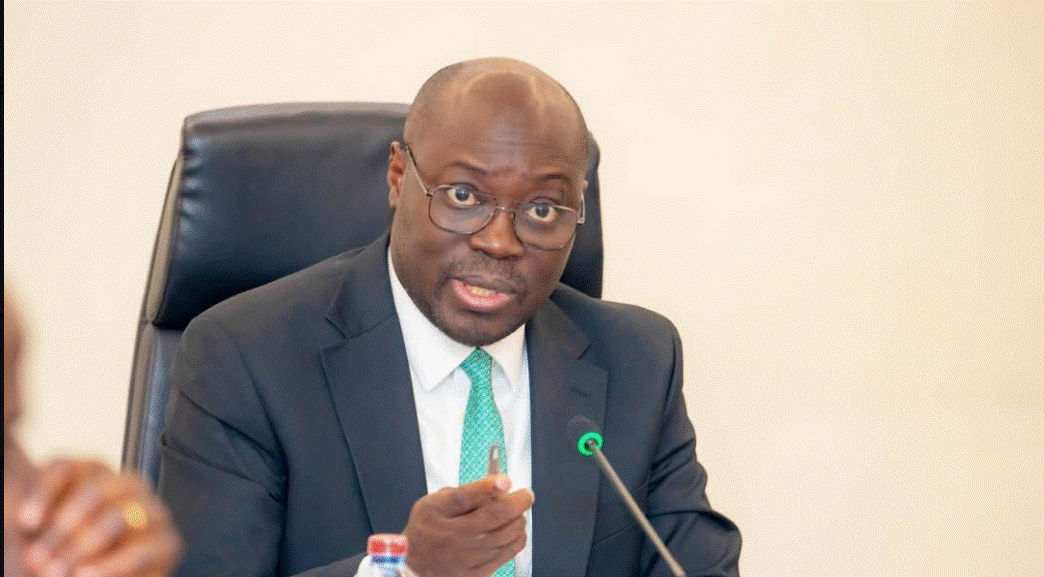
Climate change is no longer a distant threat—it is shaping our present reality.
In Ghana, one of the key individuals driving climate resilience and policy transformation is Prof. Nana Ama Browne Klutse, Chief Executive Officer of the Environmental Protection Authority (EPA) and Vice Chair of the Intergovernmental Panel on Climate Change (IPCC) Working Group.
Her work extends beyond scientific research into the intricate world of policymaking, where science meets governance. At the launch of her inaugural lecture at the University of Ghana’s Balme Library, she highlighted the crucial role of data-driven decision-making in shaping Ghana’s climate policies.
Prof. Klutse, a renowned climate scientist, has dedicated her career to bridging the gap between academic research and real-world solutions. Her upcoming lecture on March 27, 2025, titled “The Physics, Policies, and Politics of Climate Change,” will explore the intersection of climate science and governance.
Her insights reveal that scientific knowledge alone is not enough—political dynamics often dictate the pace and scope of climate action. “As a physicist, I grasp the science of climate change, but my experience in policy formulation and partisan politics has given me a deeper understanding of how politics influences climate action,” she explained.
One of Prof. Klutse’s ground-breaking contributions to climate adaptation is the Interactive Climate Atlas—a free, data-rich tool designed to help policymakers, researchers, and educators analyse and mitigate climate risks.
“This tool is essential for decision-makers, students, and researchers. It provides access to datasets from both models and observations, enabling better predictions of climate trends and their potential impact,” she noted.
By making climate data more accessible and actionable, the Atlas empowers institutions and individuals to craft informed responses to environmental challenges.
Ghana faces significant environmental risks, including water scarcity, deforestation, and land degradation. Prof. Klutse warns that these challenges will worsen without proactive measures.
“We are already witnessing the adverse effects of climate change on our land and water resources. Deforestation is stripping the soil of vital nutrients, and illegal mining is exacerbating the crisis,” she cautioned.
While acknowledging that some climate impacts are unavoidable, she emphasized the need for immediate and decisive action to curb destructive activities like illegal mining and deforestation.
As Ghana navigates the complexities of climate change, leaders like Prof. Klutse are crucial in ensuring that science and policy work hand in hand. Her efforts in research, policy advocacy, and governance are setting a blueprint for how Ghana—and Africa—can strengthen its climate resilience in the face of mounting challenges.
Her upcoming lecture promises to be a critical conversation on how Ghana can balance scientific data, policy needs, and political realities to drive meaningful climate action.
Prof. Nana Ama Browne Klutse is more than a climate scientist—she is a strategic thinker, policymaker, and advocate for sustainable environmental action. As she continues to push for data-driven governance and innovative climate solutions, her work remains instrumental in shaping Ghana’s environmental future.
Her message is clear: Climate action requires more than just science—it demands political will, strategic policies, and a commitment to long-term resilience.
The post Prof. Nana Ama Browne Klutse: Combining science and politics for Ghana’s climate future first appeared on 3News.
Read Full Story













Facebook
Twitter
Pinterest
Instagram
Google+
YouTube
LinkedIn
RSS